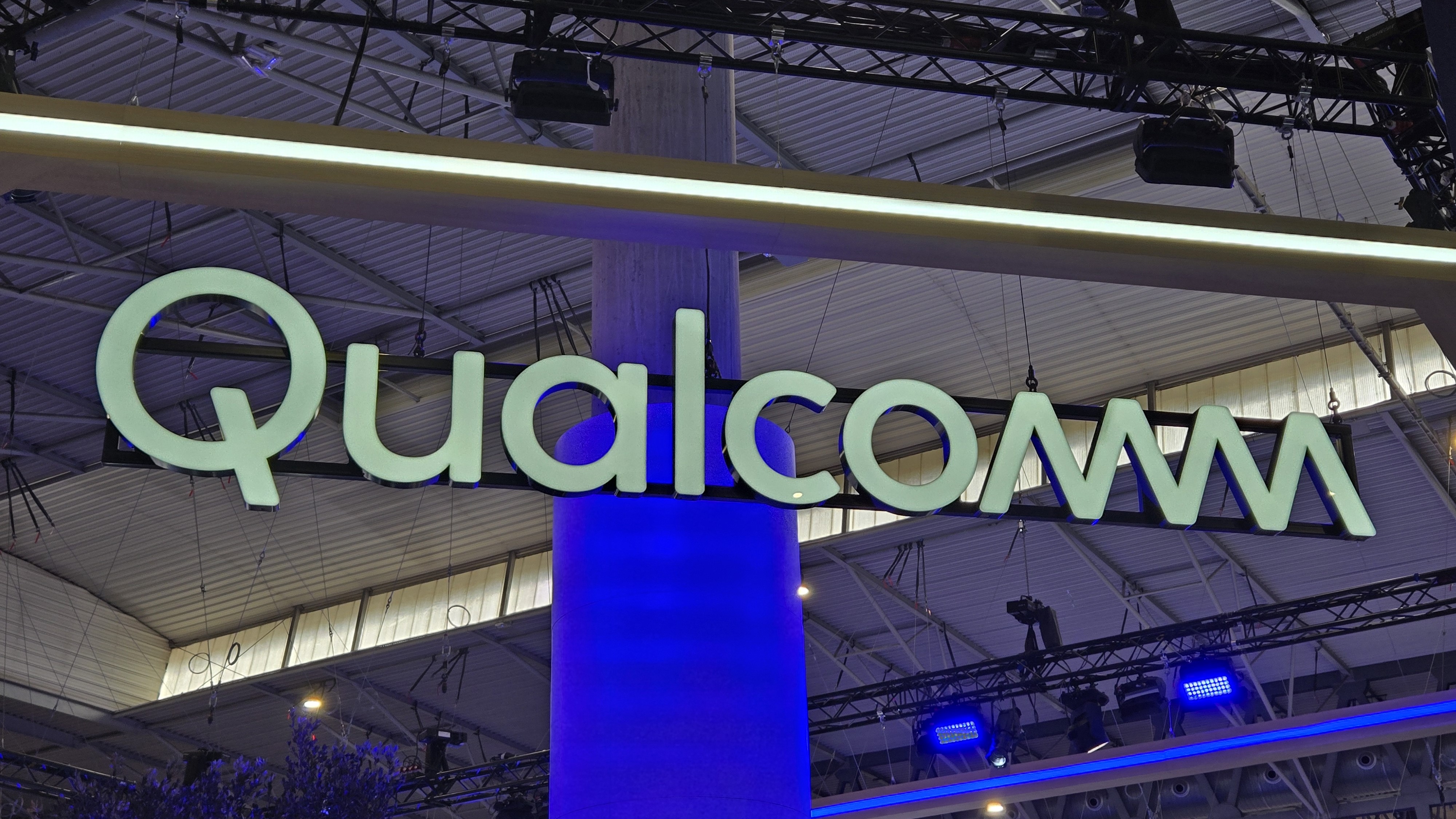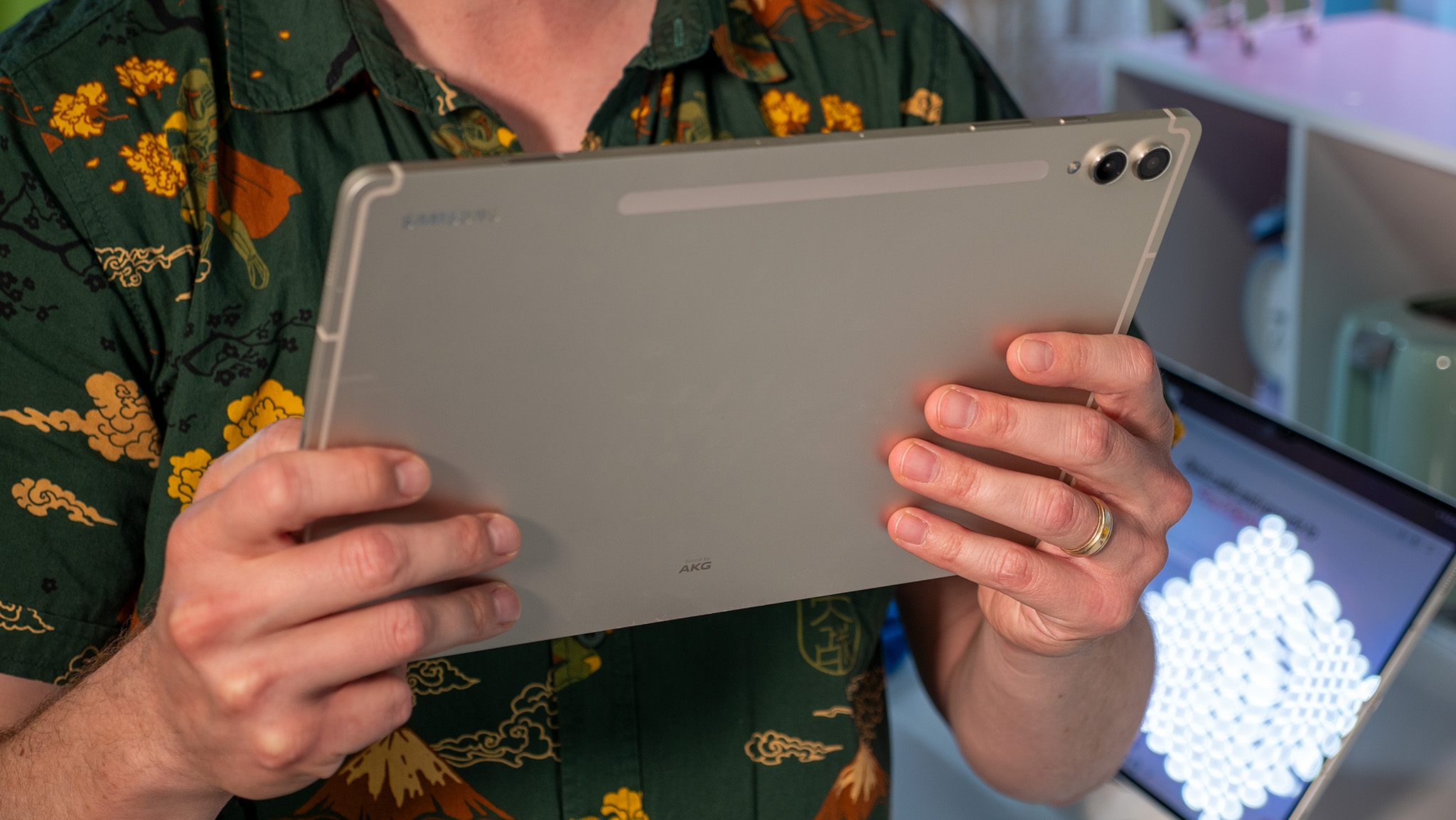Arm is pulling the plug on Qualcomm's chip design license
Arm is making a big move by pulling the license that let Qualcomm produce Snapdragon chips.

What you need to know
- Arm issued a 60-day notice to end Qualcomm's architectural license, escalating their legal feud that began in 2022 when Qualcomm acquired Nuvia without renewing the licensing deal.
- Qualcomm disputes Arm’s claim, accusing them of trying to disrupt legal processes and insisting their licensing rights will hold up.
- If the issue isn’t resolved after 60 days, Qualcomm may have to halt product sales or face significant legal repercussions.
The future of Snapdragon chips is now up in the air after Arm decided to revoke Qualcomm’s license. These chips power some of the leading Android phones on the market, and the ongoing clash between the two companies leaves their production in question.
Arm has given Qualcomm a 60-day notice to end their architectural license, cutting off Qualcomm's access to Arm’s chip design IP, Bloomberg reports. This marks a major escalation in their ongoing feud, which started in 2022 after Qualcomm bought Nuvia without renewing the licensing deal.
Meanwhile, Qualcomm denied Arm’s claim that it needs to end the licensing agreement. Speaking to Bloomberg, a Qualcomm representative accused Arm of trying to interfere with the legal process, calling the termination baseless. Qualcomm remains confident in its legal standing and believes its rights under the deal will be upheld.
However, if the dispute isn’t settled after the 60-day notice, Qualcomm might have to stop selling its products or face serious legal consequences, including hefty damage claims.
Arm and Qualcomm have been in a legal fight since 2022, with Qualcomm having since filed a countersuit. The dispute revolves around Qualcomm’s acquisition of Nuvia, which led to the creation of Oryon CPUs. These custom CPUs are set to roll out in mobile chips, following their first release in Windows laptops. Unlike Arm’s Cortex cores, Oryon CPUs are Qualcomm’s own unique design.
When Qualcomm acquired Nuvia, Arm argued that Nuvia’s intellectual property, developed under an Arm license, couldn’t be transferred to Qualcomm without permission or a new agreement. Arm even demanded that the designs be scrapped altogether.
Qualcomm, on the other hand, argues that its current licensing agreement already covers Nuvia’s operations, the chip-design startup it bought.
Get the latest news from Android Central, your trusted companion in the world of Android
The dispute could impact SoCs with Oryon CPUs, like the Snapdragon X Elite (already in various PCs) and the new Snapdragon 8 Elite. However, earlier models, such as the Snapdragon 8 Gen 3, are expected to be unaffected.
Up to now, Qualcomm and Arm have been negotiating the use of Arm's processor architecture for designs like the Snapdragon X Elite, which powers Microsoft’s Copilot+ PCs and other Windows laptops running on Arm.
Windows Central points out that traditional x86 processors are losing traction due to energy concerns, pushing Microsoft to develop Windows for Arm devices. The Surface Pro 11 highlights this effort, but the current dispute could threaten the entire program.
While Copilot+ PCs are still emerging, the licensing conflict might significantly affect the global smartphone market, as Qualcomm chips are commonly found in Android phones.

Jay Bonggolto always keeps a nose for news. He has been writing about consumer tech and apps for as long as he can remember, and he has used a variety of Android phones since falling in love with Jelly Bean. Send him a direct message via Twitter or LinkedIn.
You must confirm your public display name before commenting
Please logout and then login again, you will then be prompted to enter your display name.
